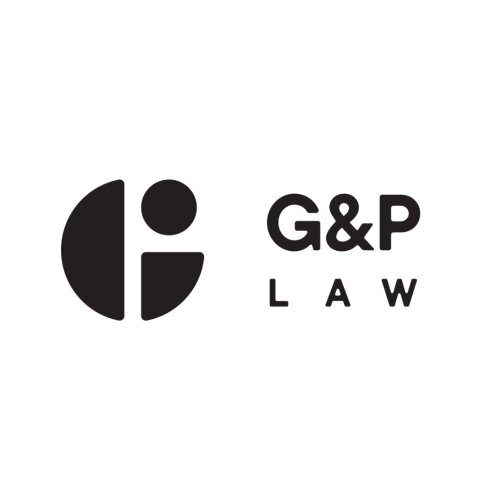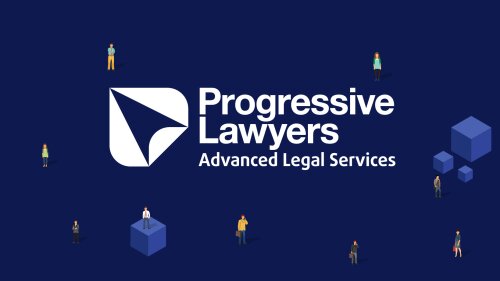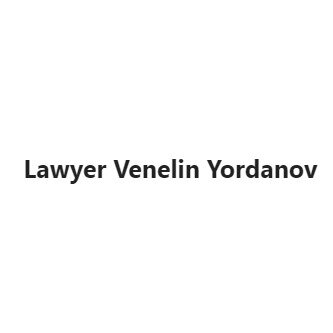Best Corporate & Commercial Lawyers in Sofia
Share your needs with us, get contacted by law firms.
Free. Takes 2 min.
List of the best lawyers in Sofia, Bulgaria
About Corporate & Commercial Law in Sofia, Bulgaria
Corporate and commercial law in Sofia, Bulgaria covers the legal rules and frameworks that guide the formation, operation, and governance of businesses, as well as commercial transactions between entities. As Bulgaria's capital and largest economic center, Sofia is home to many domestic and international companies. Legal regulations in this field cover business formation, mergers and acquisitions, investment, contracts, regulatory compliance, competition law, and dispute resolution. The area is shaped by both Bulgarian national law and European Union (EU) directives, given Bulgaria's EU membership.
Why You May Need a Lawyer
There are several situations where expert legal assistance in corporate and commercial matters is essential. Some common reasons include:
- Setting up a new company or choosing the right legal structure
- Drafting, reviewing, or negotiating commercial contracts
- Compliance with Bulgarian and EU regulations
- Acquiring or merging with another company
- Resolving shareholder disputes
- Protecting intellectual property rights
- Managing employment issues within a business
- Navigating tax and financial regulations
- Entering or exiting joint ventures and partnerships
- Handling insolvency, restructuring, or liquidation procedures
A lawyer can help ensure your business operates within the law, avoids costly mistakes, and has the right agreements in place to protect your interests.
Local Laws Overview
Bulgarian corporate and commercial law is governed by several pieces of legislation, primarily the Commercial Act (Търговски закон), which sets the framework for company formation, types of commercial entities, and their management. Other important laws include the Obligations and Contracts Act, the Competition Protection Act, and tax legislation. EU rules on corporate governance, consumer protection, and competition also apply within Bulgaria.
Key points include:
- Popular business structures include Limited Liability Company (OOD), Joint Stock Company (AD), and Sole Trader (ET)
- All companies must be registered with the Trade Register at the Registry Agency
- Specific requirements exist for company management, accounting, and reporting
- Commercial contracts should comply with both Bulgarian and EU standards
- There are regulations on mergers, acquisitions, and foreign investments
- Strict rules apply to market competition, advertising, and consumer protection
- Dispute resolution can take place in Bulgarian courts or through arbitration and mediation
Frequently Asked Questions
What is the process for registering a company in Sofia, Bulgaria?
The process begins with choosing a company name, preparing required documents (such as Articles of Association), opening a bank account for the company’s capital, and submitting the application to the Trade Register. Most registrations are completed within a few days if all documents are in order.
Can a foreign national own or start a business in Sofia?
Yes, foreign nationals and companies can establish and fully own Bulgarian companies, subject to compliance with local registration and regulatory requirements.
What types of business entities are available?
Common types include Limited Liability Company (OOD), Single-member Limited Liability Company (EOOD), Joint Stock Company (AD), and Sole Proprietor (ET). Each has differing requirements for capital, structure, and liability.
Are there minimum capital requirements for Bulgarian companies?
Yes. For an OOD, the minimum capital is 2 BGN. For an AD, the minimum capital is 50,000 BGN. Other entities have different requirements or none at all.
How can I ensure my commercial contracts are legally binding?
Contracts must comply with the Obligations and Contracts Act, be written in Bulgarian, and signed by authorized representatives. Certain types of contracts must comply with additional legal formalities or be notarized.
What corporate taxes apply to companies in Bulgaria?
Corporate income tax is levied at a flat rate of 10 percent. There are also taxes on dividends, value-added tax (VAT), and local taxes depending on the activity and location.
Do Bulgarian employment laws differ for local and foreign employees?
Employment laws apply equally to all employees. Work permits and residence requirements might apply to non-EU nationals. Employment contracts must comply with the Labor Code.
How are shareholder disputes resolved?
Most disputes are resolved through negotiation, mediation, or in Bulgarian courts. Some company statutes may allow for arbitration clauses.
Are there restrictions on the sale of shares or business assets?
The sale of shares and business assets must comply with statutory procedures and may require approval from other shareholders or authorities, depending on the company type.
What are the main risks if I do not comply with corporate regulations?
Non-compliance can lead to fines, legal disputes, company deregistration, and personal liability for managers or shareholders. It may also negatively affect your company’s reputation and business relationships.
Additional Resources
- Registry Agency - Trade Register (Регистър на търговците и ЮЛНЦ)
- Bulgarian Chamber of Commerce and Industry (Българска търговско-промишлена палата)
- Commission for Protection of Competition (Комисия за защита на конкуренцията)
- Ministry of Justice (Министерство на правосъдието)
- Bulgarian Investment Agency (Българска агенция за инвестиции)
- National Revenue Agency (Национална агенция за приходите)
- Local law firms specializing in corporate and commercial law
Next Steps
If you are considering starting, expanding, or restructuring a business in Sofia or are facing a commercial dispute, it is recommended to consult a lawyer specializing in corporate and commercial law. Prepare a summary of your needs and gather any relevant documents before your consultation. Lawyers can help you understand the legal landscape, draft and review contracts, manage negotiations, and represent your interests in regulatory or judicial proceedings. For specific legal advice, always contact a licensed professional who knows the local legal environment.
Lawzana helps you find the best lawyers and law firms in Sofia through a curated and pre-screened list of qualified legal professionals. Our platform offers rankings and detailed profiles of attorneys and law firms, allowing you to compare based on practice areas, including Corporate & Commercial, experience, and client feedback.
Each profile includes a description of the firm's areas of practice, client reviews, team members and partners, year of establishment, spoken languages, office locations, contact information, social media presence, and any published articles or resources. Most firms on our platform speak English and are experienced in both local and international legal matters.
Get a quote from top-rated law firms in Sofia, Bulgaria — quickly, securely, and without unnecessary hassle.
Disclaimer:
The information provided on this page is for general informational purposes only and does not constitute legal advice. While we strive to ensure the accuracy and relevance of the content, legal information may change over time, and interpretations of the law can vary. You should always consult with a qualified legal professional for advice specific to your situation.
We disclaim all liability for actions taken or not taken based on the content of this page. If you believe any information is incorrect or outdated, please contact us, and we will review and update it where appropriate.
Browse corporate & commercial law firms by service in Sofia, Bulgaria
Sofia, Bulgaria Attorneys in related practice areas.

















